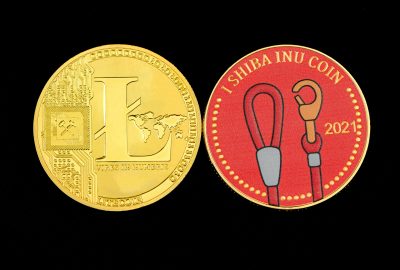Learn How To Use Credit Cards Safely

Credit cards help people everywhere to achieve the goals they have in place for themselves. You will have more financial freedom and opportunities if you have a credit card. But, there is no substitute for wise decision making when it comes to using credit cards. In the following paragraphs, you’ll find essential tips on using your credit cards responsibly.
Try your best to stay within 30 percent of the credit limit that is set on your card. Part of your credit score is made up of assessing the amount of debt that you have. By staying far under your limit, you will help your rating and make sure it does not start to dip.
Emergency, business or travel purposes, is all that a credit card should really be used for. You want to keep credit open for the times when you need it most, not when purchasing luxury items. You never know when an emergency will crop up, so it is best that you are prepared.
In order to minimize your credit card debt expenditures, review your outstanding credit card balances and establish which should be paid off first. A good way to save more money in the long run is to pay off the balances of cards with the highest interest rates. You’ll save more in the long term because you will not have to pay the higher interest for a longer period of time.
Do not use credit cards to purchase things you could not afford. Just because you can use your card to get a new TV doesn’t mean you can afford it. It costs a lot of interest, and that makes monthly payments pretty much impossible. Leave the store, think over it for a day or so, and then make your decision. If you are still going to purchase, then the store probably offers a financing plan that gives you a lower interest rate.
Always know what your utilization ratio is on your credit cards. This is the amount of debt that is on the card versus your credit limit. For instance, if the limit on your card is $500 and you have a balance of $250, you are using 50% of your limit. It is recommended to keep your utilization ratio of around 30%, in order to keep your credit rating good.
Fully read the disclosure statement before you accept a credit card. This statement explains the terms of use for that card, including any associated interest rates and late fees. By reading the statement, you can understand the card you are choosing, in order to make effective decisions when it comes to paying it off.
If you can’t get a credit card because of a spotty credit record, then take heart. There are still some options that may be quite workable for you. A secured credit card is much easier to get and may help you rebuild your credit record very effectively. With a secured card, you deposit a set amount into a savings account with a bank or lending institution – often about $500. That amount becomes your collateral for the account, which makes the bank willing to work with you. You use the card as a normal credit card, keeping expenses under that limit. As you pay your monthly bills responsibly, the bank may decide to raise your limit and eventually convert the account to a traditional credit card.
The credit card that you use to make purchases is very important and you should try to use one that has a very small limit. This is good because it will limit the amount of funds that a thief will have access to.
Look into the rewards that credit card companies offer. Find one that is going to pay you for making purchases on their card. If you are trying to maximize the rewards, charge everything you can on the card, but be sure to put enough cash back to pay the card off each month, in order to avoid losing your rewards to interest fees.
If you pay your credit card bill with a check each month, make sure you send that check out as soon as you get your bill so that you avoid any finance charges or late payment fees. This is good practice and will help you create a good payment history too.
It is a good rule of thumb to have two major credit cards, long-standing, and with low balances reflected on your credit report. You do not want to have a wallet full of credit cards, no matter how good you may be keeping track of everything. While you may be handling yourself well, too many credit cards equals a lower credit score.
There are lots of great aspects to credit cards, as they facilitate greater financial freedom and provide purchasing power. Used properly, they are valuable assets, but when used recklessly, they can cause a world of hurt. This article is full of advice that will prove beneficial to any consumer looking to make sensible credit card decisions.






